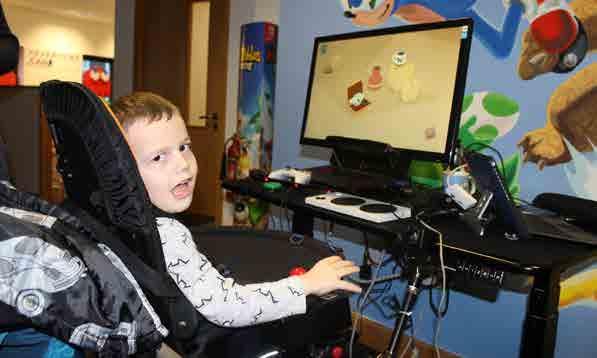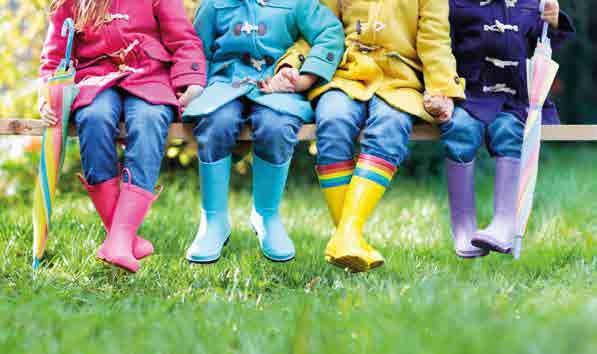MINDFULNESS, PARENTING
and additional needs OLLIE BRAY IS A MINDFULNESS TEACHER AND WORKS FOR BREATHWORKS. IN THIS ARTICLE, OLLIE SHARES A SHORT MINDFULNESS PRACTICE FOR DIFFICULT EXPERIENCES WHAT IS MINDFULNESS?
“We suffer more in imagination than reality” Seneca
M
ost of our suffering comes not from our circumstances, but our minds. Imagine two people stuck in the same traffic jam. One is getting increasingly frustrated that they aren’t moving, and worrying that they’ll be late, while the other is just enjoying the radio. Same situation, but very different experiences. We have the primary experience of our situation, and then we have what we add to that, with thoughts, judgements, worries, self-criticism, and so on. Of course, sometimes even our primary experience can be very unpleasant; there can be pain, frustration, anxiety, and fear. But it’s possible to accept that primary suffering without adding fuel to the fire with this secondary mental suffering. This is easier said than done of course, because most of our secondary suffering is triggered automatically. This is where mindfulness comes in.
10
Mindfulness gives us the ability to notice our automatic thoughts, reactions, and judgements, which are so often harmful and unhelpful, and begin directing our minds in a more beneficial direction - perhaps one with less resistance, and more kindness to ourselves and others. So, how does one learn mindfulness? As with any skill, mindfulness requires a little practice, but here’s a short exercise, called RAIN, that can get you started when you’re having a difficult experience: Recognise the experience recognise how you’re feeling in your body. Recognise how this experience is affecting you. Many of us live in a painful inner prison without being fully aware of it. Recognising what is actually happening moment to moment is the first step. Allow the experience - usually when we feel discomfort, we either try to distract ourselves and numb out so we don’t have to feel that way, or we lose ourselves in the story that the difficult feelings are telling us, and
become overwhelmed. To allow the experience is just to let go of resistance, and just to be with the experience how it is. We can accept the feelings without accepting the judgement behind them. Investigate with kindness - this means switching from a closed, contracted mind state to one of openness and curiosity. What’s going on here? You might ask the question “what am I believing?” In other words, what judgements am I introducing here? Do this with gentleness, kindness, and care for yourself. Everybody feels this way sometimes. You’re not alone; how would you respond to a loved one who feels this way? Non-identification. You are not your thoughts. You are not your pain. You are not your feelings of shame or distress. These experiences will arise, and they will pass away. You can allow yourself to feel those sensations fully without letting them define you. Here’s a short account from a mindfulness teacher and mum on how mindfulness has helped her.







